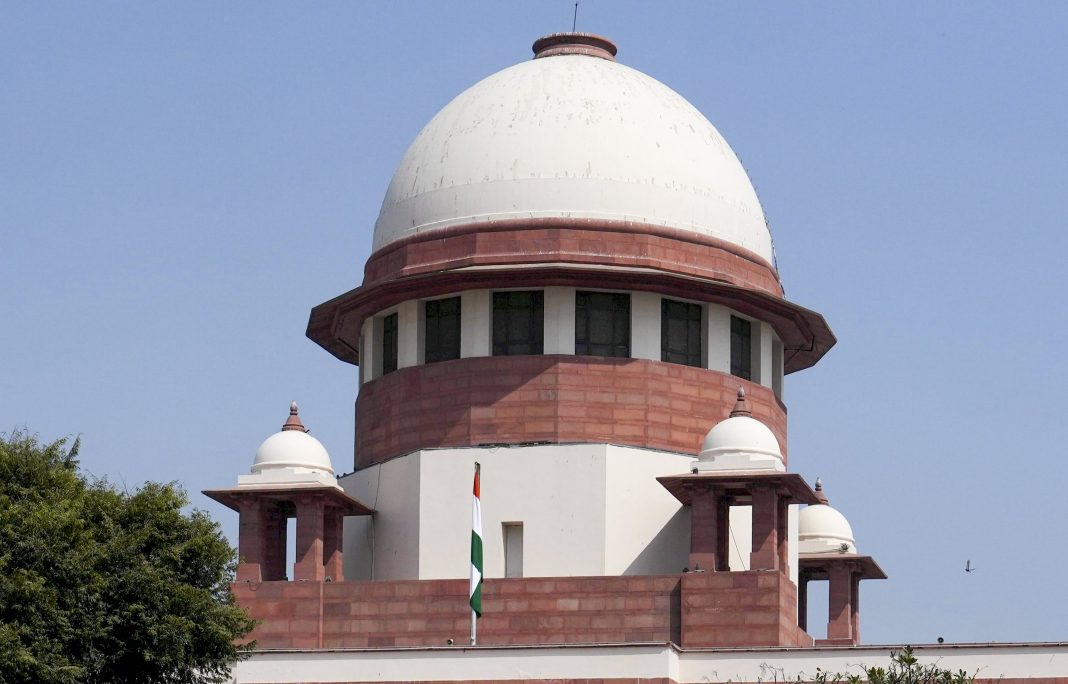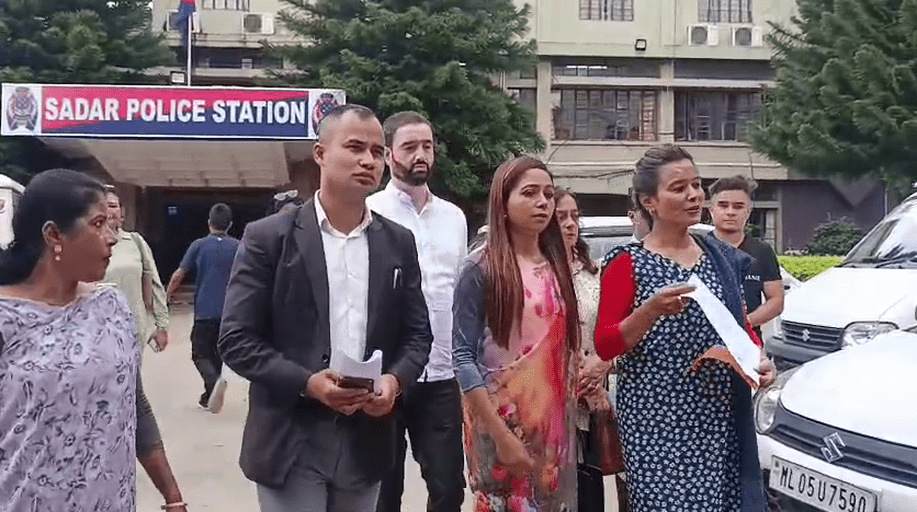New Delhi, Sept 1: The Supreme Court on Monday rejected a PIL challenging the nationwide rollout of 20 per cent ethanol-blended petrol (EBP-20), alleging millions of motorists were forced to use the fuel not designed for their vehicles.
A bench comprising Chief Justice B R Gavai and Justice K Vinod Chandran did not agree to the contentions raised in the plea filed by advocate Akshay Malhotra, who sought directions to the Ministry of Petroleum and Natural Gas to ensure availability of ethanol-free petrol at all fuel stations.
Attorney General R Venkataramani, appearing for the Centre, opposed the plea and claimed EBP-20 benefits sugarcane farmers.
“I say it with some responsibility that the petitioner (Malhotra) is just a name lender. A lobby is behind it. The government has considered everything,” the law officer said.
The bench then went ahead and dismissed the plea.
Senior advocate Shadan Farasat, appearing for the petitioner, submitted only EBP-20 was “seemingly available” at petrol pumps now, that too without any notice.
He said EBP-20 was not a problem for vehicles compatible with it.
“But the largest number of vehicles have not been manufactured for that,” he said, referring to a report illustrating damage to vehicles not compatible to EBP-20.
Farasat sought consumers to be given a choice while adding EBP-20 was leading to a drop in mileage of vehicles.
The PIL sought a direction to the authorities to mandatorily label ethanol content on all petrol pumps and dispensing units, making it clearly visible to consumers, and also to ensure consumers were informed about ethanol compatibility of their vehicles at the time of fuel dispensing.
The plea sought directions to authorities to conduct a “nationwide impact study on mechanical degradation and efficiency loss due to ethanol blended fuel to the extent of 20 percent usage in non-compliant vehicles”.
It said millions of motorists were being left helpless at petrol pumps, being forced to buy incompatible fuel.
Cars and two-wheelers manufactured before 2023, and even some newer BS-VI models, are not compatible with such high ethanol blends, the plea alleged.
The plea highlighted damage to engines, dropping of mileage among other consequences of the move.
“Direct the respondents to ensure that consumers are informed about ethanol compatibility of their vehicles at the time of fuel dispensing,” the plea said.
It claimed engines suffering corrosion, drop in fuel efficiency and mounting repair bills while insurance companies rejecting claims for damage caused by ethanol fuel.
The PIL outlined how global practices differed sharply and said in the US and EU, ethanol-free petrol was still widely available, and pumps clearly displayed ethanol content for consumers to make an informed choice.
In India, however, only ethanol-blended fuel is sold, with no disclosure of composition at dispensing units, it added. (PTI)




